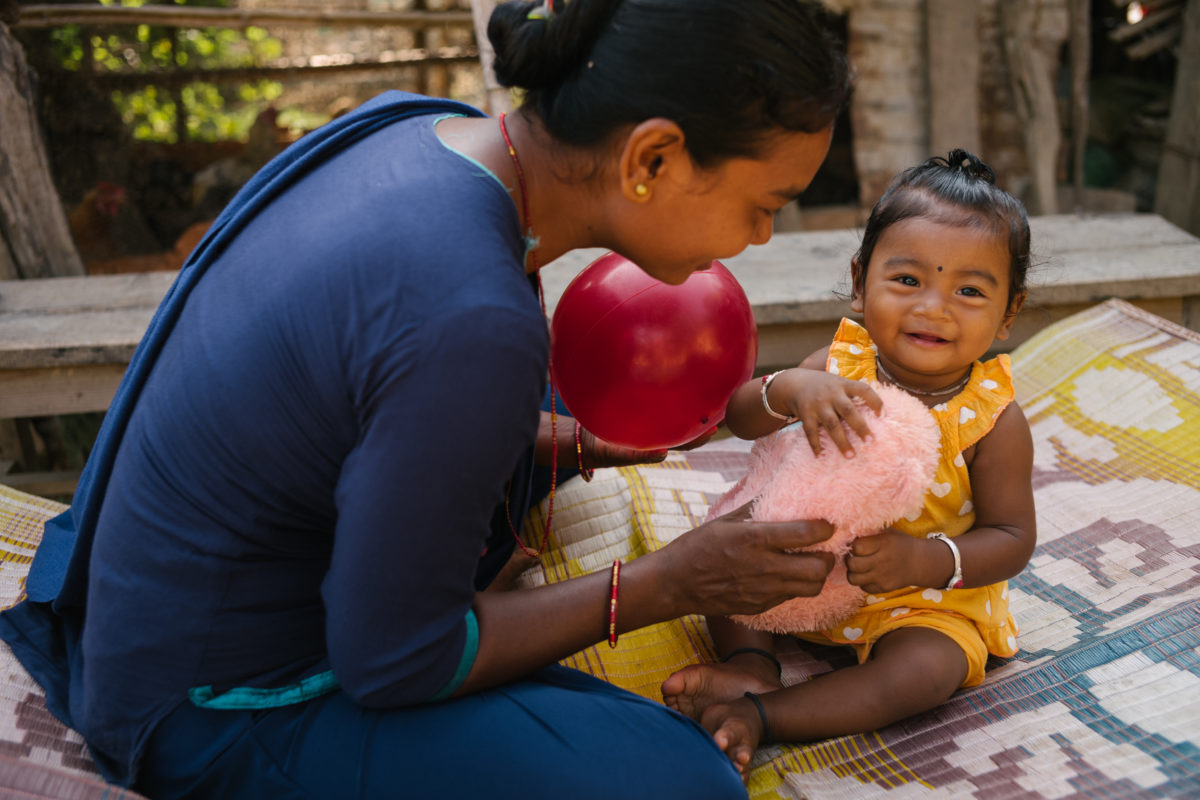A Much-Needed Win for Moms and Babies: the Global Malnutrition Prevention and Treatment Act

Photo Credit: USAID
Nutrition plays a foundational role in a child’s development and her country’s ability to prosper. It is why several of the world’s leading economists have called for greater investments in the nutrition and well-being of mothers, babies, and toddlers as a way to create brighter and more prosperous futures for us all.
On September 20, 2022, the Senate passed the Global Malnutrition Prevention and Treatment Act (H.R. 4693) a lifesaving bill that will positively impact tens of millions of women and young children especially in their 1,000-day window, the time between pregnancy and the baby’s second birthday. This is the precious window of opportunity that enables all children to reach their full potential. When children are well nourished, cared for, and protected from disease, violence and toxic stress, they have the best chance at a thriving future. And when children get a strong start, we all benefit.
About the bill
The legislation will support countries in their efforts to prevent the current 2.6 million childhood malnutrition-related deaths worldwide, approximately 150 million children with stunted development, and the 13.6 million children globally under the age of 5 experiencing wasting because they do not have adequate nutrition.
The Global Malnutrition Prevention and Treatment Act, led by the U.S. Agency for International Development (USAID) and non-governmental organizations (NGOs) like 1,000 Days dedicated to preventing and treating malnutrition, makes nutrition an even higher priority by establishing a five-year strategy to institute precise and targeted reforms in U.S. global nutrition programs. It prioritizes investments in high-impact nutrition programs, such as prenatal vitamins, fortifying foods with essential nutrients (like Vitamin D, iron, and iodine), providing young children with vitamin A supplementation, supporting new mothers to breastfeed, and lifesaving treatment for severely malnourished children.
With this bill, the USAID administrators will be able to scale up the prevention and treatment of global malnutrition and coordinate with relevant public and private partners on these efforts. A Nutrition Leadership Council will be established with representatives from relevant inter- and intra-agency offices to coordinate USAID’s efforts and ensure effective use of taxpayer dollars. The USAID administrators will select priority countries to receive prioritized nutrition assistance and develop clear goals for increasing coverage of high-impact, evidence-based nutrition programs. USAID will be required to submit an annual report to Congress on the progress made toward preventing and treating global malnutrition.
“With the passing of this legislation, we believe the effectiveness of these nutrition programs can be significantly increased with greater strategic vision, accountability, integration, and coordination,” said Blythe Thomas, 1,000 Days of FHI Solutions Initiative Director.
The power to change lives
For example, large-scale vitamin A supplementation has played a major role in decreasing Senegal’s under-five mortality rate from 59 to 37 per 1,000 live births in 5 years. In Nepal through the Suaahara II program, USAID increased the rate of exclusive breastfeeding in supported communities from 45% to 71% in 5 years.
This Global Malnutrition Prevention and Treatment Act is an investment in the future of many lives and aims to address malnutrition at the core so that our most vulnerable populations have access to proper nutrition for continued health throughout the lifespan. As Congresswoman Chrissy Houlahan (D-PA) stated “investing in global nutrition translates to lives saved.”
With both the House and Senate passage, we enthusiastically await the legislation being signed into law by President Biden.
1,000 days is proud to have supported this lifesaving bill and will continually engage with USAID and our partners as the act is implemented.
